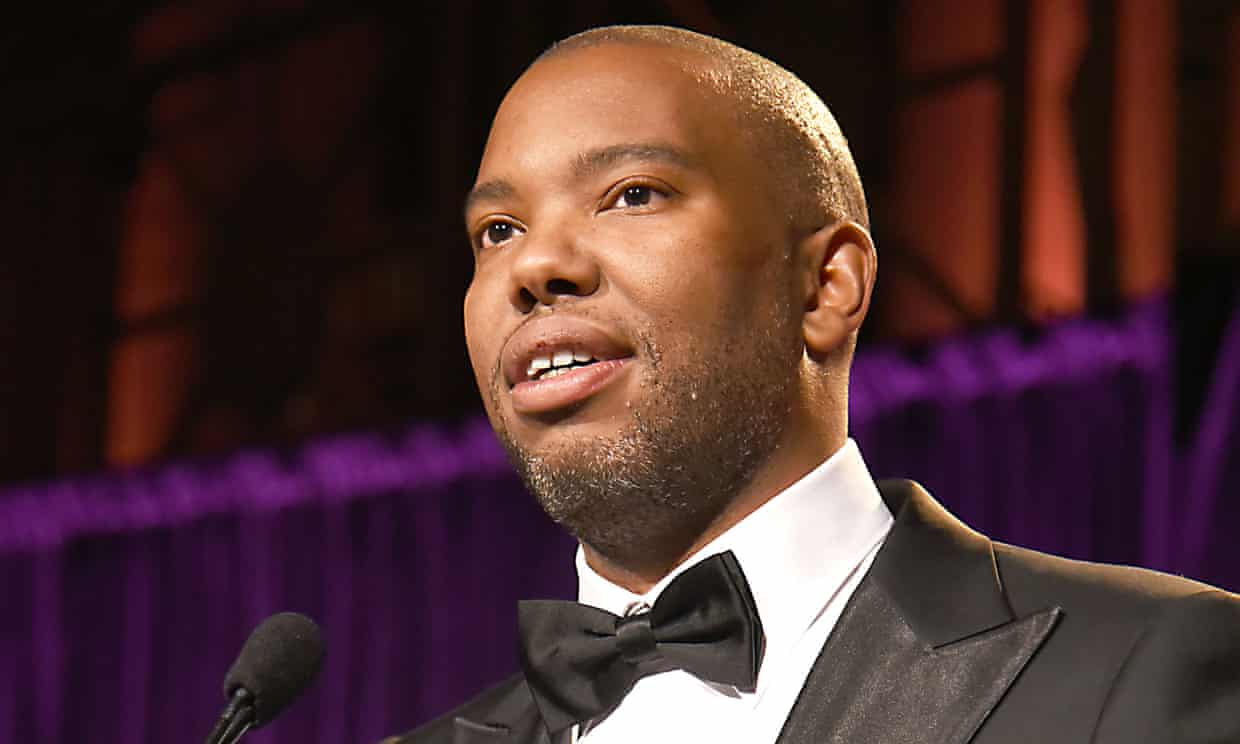by CORNEL WEST
 ‘Coates’ allegiance to Obama has produced an impoverished understanding of black history.’ PHOTO/Robin Platzer/Robin Platzer/Twin Images
‘Coates’ allegiance to Obama has produced an impoverished understanding of black history.’ PHOTO/Robin Platzer/Robin Platzer/Twin Images
The disagreement between Coates and me is clear: his view of black America is narrow and dangerously misleading
Ta-Nehisi Coates’ We Were Eight Years in Power, a book about Barack Obama’s presidency and the tenacity of white supremacy, has captured the attention of many of us. One crucial question is why now in this moment has his apolitical pessimism gained such wide acceptance?
Coates and I come from a great tradition of the black freedom struggle. He represents the neoliberal wing that sounds militant about white supremacy but renders black fightback invisible. This wing reaps the benefits of the neoliberal establishment that rewards silences on issues such as Wall Street greed or Israeli occupation of Palestinian lands and people.
The disagreement between Coates and me is clear: any analysis or vision of our world that omits the centrality of Wall Street power, US military policies, and the complex dynamics of class, gender, and sexuality in black America is too narrow and dangerously misleading. So it is with Ta-Nehisi Coates’ worldview.
Coates rightly highlights the vicious legacy of white supremacy – past and present. He sees it everywhere and ever reminds us of its plundering effects. Unfortunately, he hardly keeps track of our fightback, and never connects this ugly legacy to the predatory capitalist practices, imperial policies (of war, occupation, detention, assassination) or the black elite’s refusal to confront poverty, patriarchy or transphobia.
In short, Coates fetishizes white supremacy. He makes it almighty, magical and unremovable. What concerns me is his narrative of “defiance”. For Coates, defiance is narrowly aesthetic – a personal commitment to writing with no connection to collective action. It generates crocodile tears of neoliberals who have no intention of sharing power or giving up privilege.
When he honestly asks: “How do you defy a power that insists on claiming you?”, the answer should be clear: they claim you because you are silent on what is a threat to their order (especially Wall Street and war). You defy them when you threaten that order.
Note that his perception of white people is tribal and his conception of freedom is neoliberal. Racial groups are homogeneous and freedom is individualistic in his world. Classes don’t exist and empires are nonexistent.
This presidency, he writes, “opened a market” for a new wave of black pundits, intellectuals, writers and journalists – one that Coates himself has benefited from. And his own literary “dreams” of success were facilitated by a black neoliberal president who ruled for eight years – an example of “Black respectability, good Negro government.”
Coates reveals his preoccupation with white acceptance when he writes with genuine euphoria: “As I watched Barack Obama’s star shoot across the political sky … I had never seen so many white people cheer on a black man who was neither an athlete nor an entertainer. And it seemed that they loved him for this, and I thought in those days … that they might love me too.”
The Guardian for more
